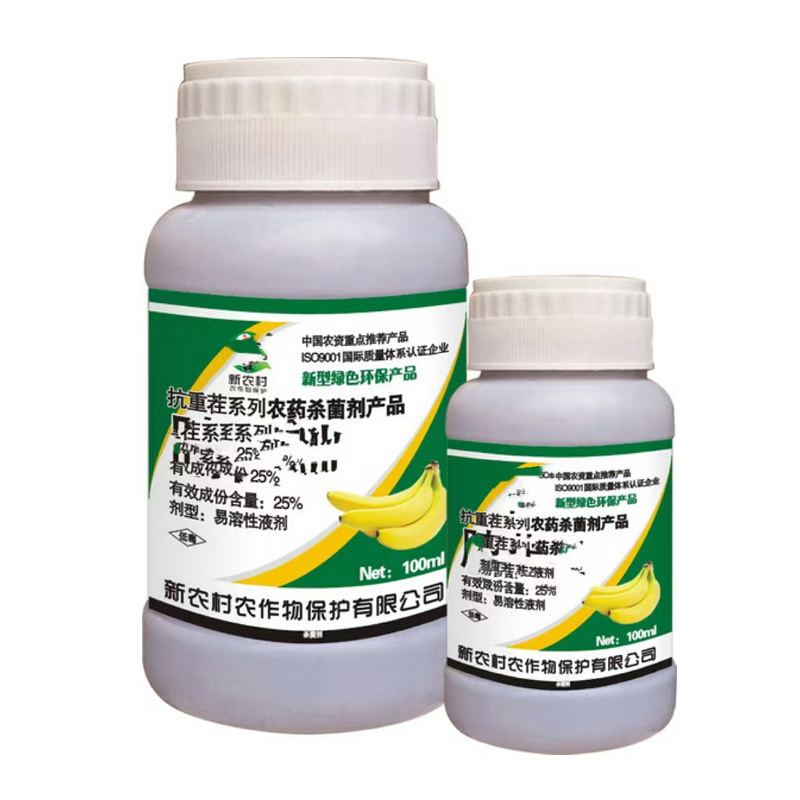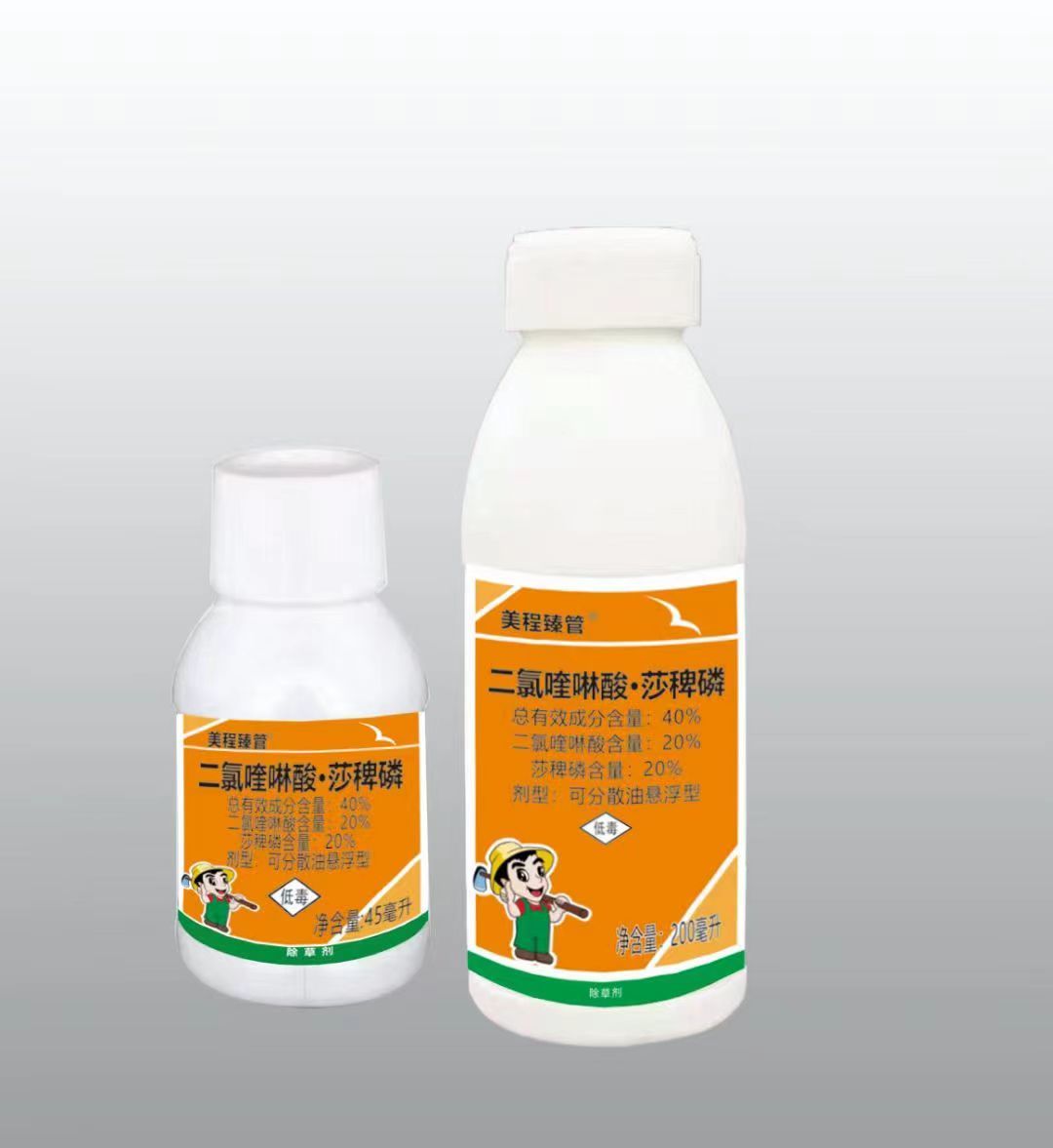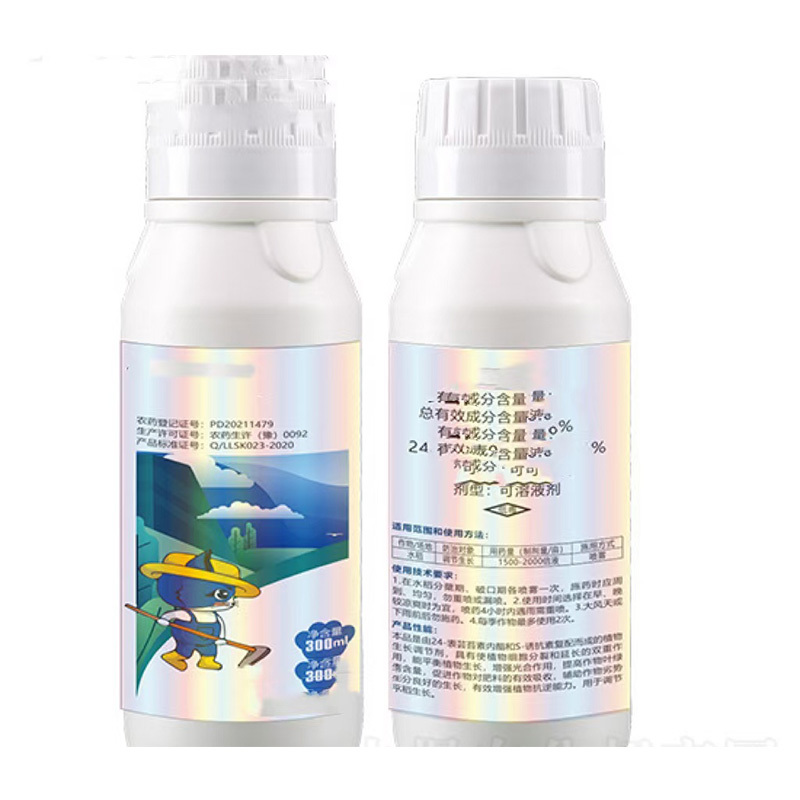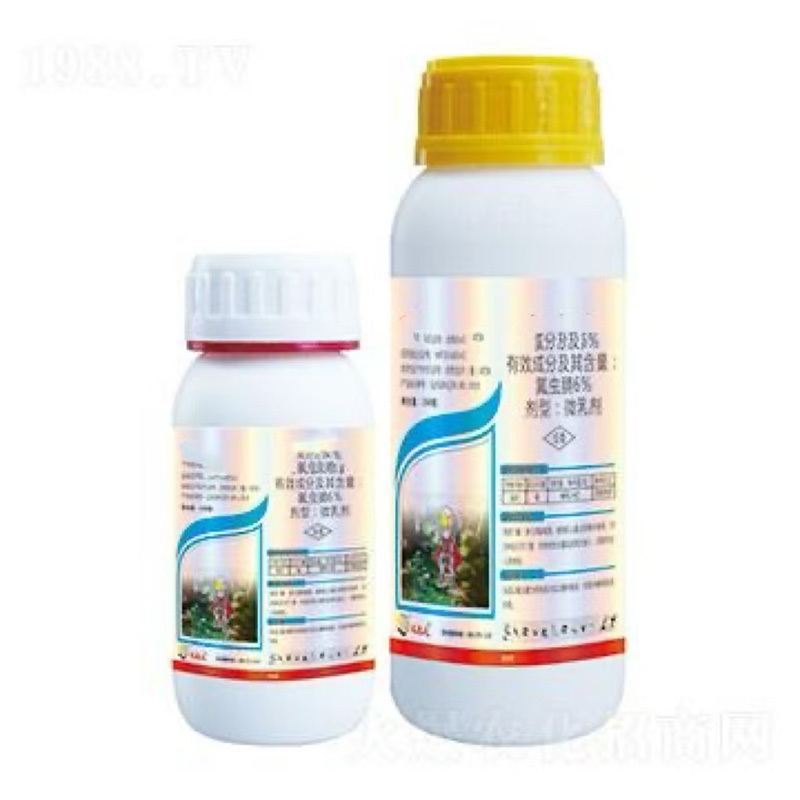-
-
-
News & Publication
-
News & Publication
Effective Aphid Control: Strategies for Thriving Crops
Time
2025-08-18
Aphids are small, sap-sucking insects that can cause significant damage to a variety of crops. These pests reproduce quickly and can lead to reduced yields and poor plant health if not managed properly. Effective aphid control is essential for maintaining the vitality of your plants and ensuring a successful harvest. Here, we outline various strategies and methods to help manage aphid populations
First and foremost, it is crucial to identify the presence of aphids early. Regularly inspecting your plants for signs of these pests can prevent a minor issue from becoming a major infestation. Look for curled, yellowing leaves, sticky residue (honeydew) on the plant surface, or the presence of sooty mold, which can indicate aphid activity. Knowing the life cycle of aphids is also beneficial, as they tend to reproduce in warm weather, making early spring and summer critical periods for monitoring.
Cultural practices can play a significant role in aphid control. Maintaining healthy plants through proper watering, fertilization, and pest management can enhance their resilience against aphid attacks. Rotating crops and avoiding monocultures can disrupt the life cycle of aphids, making it harder for them to establish themselves in your fields. Additionally, encouraging natural predators, such as ladybugs and lacewings, can help keep aphid populations in check. These beneficial insects feed on aphids and can be a natural and effective form of pest management.
Another key strategy for aphid control involves the use of insecticidal soaps or horticultural oils. These products work by suffocating the aphids on contact and are less harmful to beneficial insects when used correctly. Be sure to apply these treatments early in the morning or late in the evening when beneficial insects are less active. Systemic insecticides can also be used as a last resort, as they are absorbed by the plant and can provide longer-lasting protection. However, it is essential to follow application guidelines carefully to minimize potential environmental impacts.
In addition to chemical methods, physical barriers can be an effective means of aphid control. Floating row covers or insect netting can physically block aphids from reaching your plants while still allowing air and light to penetrate. This method is especially useful for young seedlings that are particularly vulnerable to infestation.
In conclusion, effective aphid control requires a multifaceted approach that includes monitoring, cultural practices, biological control, and, when necessary, targeted chemical applications. By staying proactive and informed, you can protect your crops from the damaging effects of aphids and promote a healthy, productive agricultural environment. Implement these strategies to ensure your plants remain thriving and resilient against pest pressures.
Latest News

Email:
Address 1 : Salt-chemical Industrial Zone, Dingyuan County, Chuzhou, Anhui Province, China
Address 2 : 19F, Block A, Zheshang Building, Science Avenue, Hefei City, Anhui Province, China
Leave Message
We will contact you within one working day. Please pay attention to your email.
COOKIES
Our website uses cookies and similar technologies to personalize the advertising shown to you and to help you get the best experience on our website. For more information, see our Privacy & Cookie Policy
COOKIES
Our website uses cookies and similar technologies to personalize the advertising shown to you and to help you get the best experience on our website. For more information, see our Privacy & Cookie Policy
These cookies are necessary for basic functions such as payment. Standard cookies cannot be turned off and do not store any of your information.
These cookies collect information, such as how many people are using our site or which pages are popular, to help us improve the customer experience. Turning these cookies off will mean we can't collect information to improve your experience.
These cookies enable the website to provide enhanced functionality and personalization. They may be set by us or by third-party providers whose services we have added to our pages. If you do not allow these cookies, some or all of these services may not function properly.
These cookies help us understand what you are interested in so that we can show you relevant advertising on other websites. Turning these cookies off will mean we are unable to show you any personalized advertising.
This website already supports IPV4/IPV6 bidirectional access





